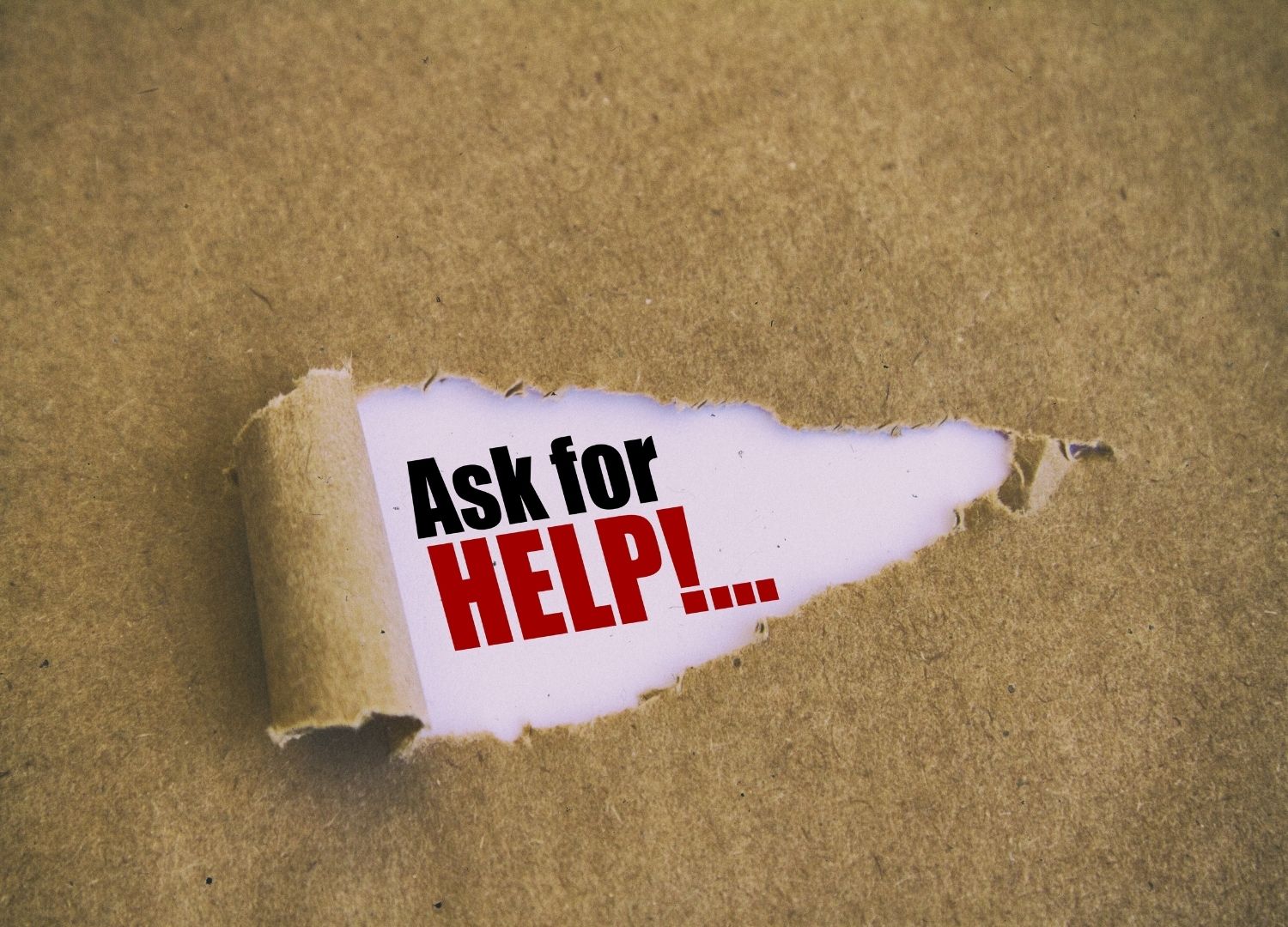" Sana has been in social isolation for 3 days and she's losing her mind. She wants to go outside, but she can't. Plus, the news keeps reporting scary things. Sana is scared and anxious".
The COVID-19 pandemic has changed the normalcy of daily lives in numerous ways. From wearing masks to frequent hand-washing, life has evolved rapidly. One change that has come with the pandemic is social isolation.
Social isolation rules stem from the need to protect the general public from the virus. Although mandatory, it is not the easiest thing to go through. Social isolation has been linked to increased feelings of loneliness, anxiety, fear, and even depression. These feelings can overwhelm you if you are not careful.
Here are some tips to help you deal with social isolation:
Prioritize your health and self-care
Even though you can’t go outside, there are numerous ways to keep yourself in top form and good health while isolating. Exercise often. Try things while jogging in place, planks, sit-ups, and so on.
If you have a window, try to get some minutes of sunlight daily. Eat well, make sure to increase your intake of water, fruits, and vegetables. Get enough sleep every night, try to set a regular bedtime for yourself.

Stay socially involved
There's no better time to stay socially active than when you are isolating. Creating a feeling of connectedness can help to decrease feelings of stress, loneliness, and anxiety.
Take advantage of video-conferencing applications to see your family and keep them updated. Talk to your loved ones through calls, text, or social media.
Join online conversations on forms and spaces like Clubhouse. Attend religious events on YouTube and Zoom. When you get started, you will realize that there are many ways to stay connected even while apart.

Don't focus on the news excessively
Watching or listening to news is a way to stay updated about current trends, but it can be a source of anxiety. Limit your access to news and only focus on relevant news. Check the news once or twice daily.
Get news from reliable and legitimate sources. Avoid reading or looking at triggering articles and pictures.
Tell people on your social media apps to not send you graphic news articles. Block such articles and images from popping you on your social media feed as well. Or you can ask a trusted person to give you updates and avoid the news.
Ask for help
Regardless of your coping techniques, social isolation can get overwhelming and difficult. Ask for help when this happens. Tell your friends and family that you are finding it difficult. You can also talk to a professional therapist through online sessions or over the phone.
Online support groups also exist where you can share your worries and talk to people dealing with similar concerns.
Do something new
For many people, the pandemic was a turning point in their lives, it can be for you too. Start a YouTube channel, learn a skill like coding or sewing, start a small business, take an online class, earn to do your own makeup, try yoga and meditation. The possibilities are endless.

Conclusion
Social isolation can be overwhelming but remember that isolation is a temporary situation and it will end in a short while. While you are going through, be positive and optimistic. Don't drown yourself in negative thoughts. Remember that you are not alone in this.









